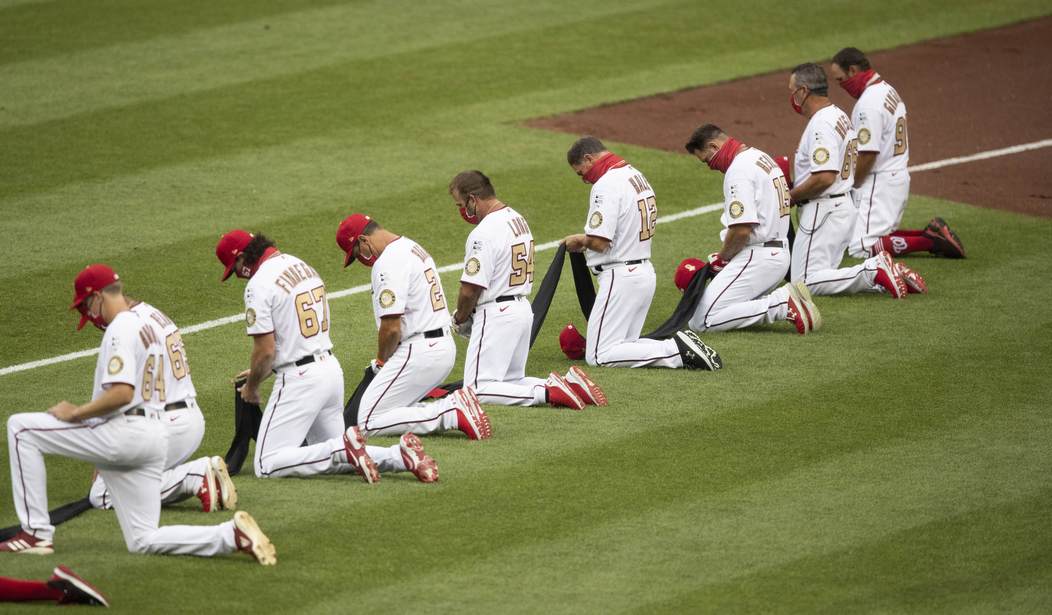Republican Senators Ted Cruz and Mike Lee are calling for Congress to end the antitrust exemption for Major League Baseball following MLB’s decision to move the All-Star Game from Atlanta because of the voting law.
Rep. Jeff Duncan is spearheading the effort in the House.
In light of @MLB's stance to undermine election integrity laws, I have instructed my staff to begin drafting legislation to remove Major League Baseball's federal antitrust exception.
— Rep. Jeff Duncan (@RepJeffDuncan) April 2, 2021
At issue is the decades-old exemption to the Sherman Anti-Trust Act that allows the league to engage in some uncompetitive and non-competitive practices. Other pro-sports leagues do not enjoy a full exemption. As it is now, Major League Baseball can act in uncompetitive ways with regards to contracts, TV rights deals, restrictions on player salaries, and rules regarding player free agency and draft rights.
Congress should have ended the exemption years ago.
The league’s antitrust exemption comes from a 1922 Supreme Court decision. In 1988, Congress passed the Curt Flood Act which gave MLB players the same rights as other professional athletes under antitrust laws, according to The Hill. However, other facets of the sport, such as franchise relocation and broadcast negotiations, are exempt.
The exemption does not apply to other professional sport leagues, including the National Football League and the National Basketball Association.
The antitrust exemption for pro-sports leagues is an anachronistic practice that needs to be ended. It was established at a time when the leagues were run by gentlemen sportsmen — the Yawkeys, the Maras, the Wrigleys — and not these large corporations that hardly need “protection” from anything. A pro sports team used to be a money-losing proposition and was seen as a public service. At that time, the exemption made sense. But in an age of multi-billion dollar TV contracts, billion dollar merchandising deals, and some players making more than the GDP of a small country, the exemption becomes truly anti-competitive.
But for some reason, the courts have seen baseball differently.
Unlike all of the other major professional sports leagues, Major League Baseball has long enjoyed total immunity from antitrust law. In the landmark 1922 decision Federal Baseball Club of Baltimore, Inc. v. National League of Professional Baseball Clubs, the U.S. Supreme Court held that professional baseball did not constitute interstate trade or commerce and, therefore, was not subject to the Sherman Act. Subsequently, in Toolson v. New York Yankees (1953) and Flood v. Kuhn (1972), the court acknowledged that Major League Baseball did in fact engage in interstate commerce, but nevertheless upheld the antitrust exemption — for baseball only.
It would be a very interesting political fight if the GOP movement to erase the exemption gathers steam. Would Democrats support bailing out billion dollar corporations at the expense of the players (workers)? The players are licking their chops at the prospect of having the option to sue the league based on their blatantly anti-competitive practices. Among their primary grievances is the league’s salary cap and “luxury tax” that prevents players from a “sky’s the limit” negotiations atmosphere during free agency.
This has been an issue that’s come before Congress in the past and little has been done. But this time may be different. The GOP is itching to set an example for woke corporations and this might give them the opportunity to do so.










Join the conversation as a VIP Member